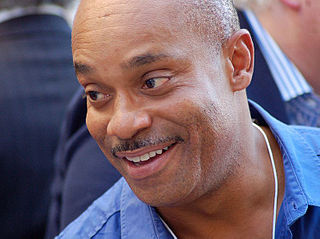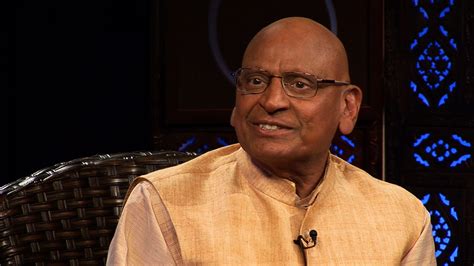A Quote by Michael Novak
In most of history, societies have not been free. It's a very rare society that is free. The default condition of human societies is tyranny.
Related Quotes
Free societies, which allow differences to speak and be heard, and live by intermarriage, commerce, and free migration, and democratic societies, which convert enemies into adversaries and reconcile differences without resort to violence, are societies in which the genocidal temptation is unlikely and even inconceivable.
We must show that liberty is not merely one particular value but that it is the source and condition of most moral values. What a free society offers to the individual is much more than what he would be able to do if only he were free. We can therefore not fully appreciate the value of freedom until we know how a society of free men as a whole differs from one in which unfreedom prevails.
In a cross-cultural study of 173 societies (by Herbert Barry and L. M. Paxson of the University of Pittsburgh) 76 societies typically had mother and infant sharing a bed; in 42 societies they shared a room but not a bed; and in the remaining 55 societies they shared a room with a bed unspecified. There were no societies in which infants routinely slept in a separate room.






































